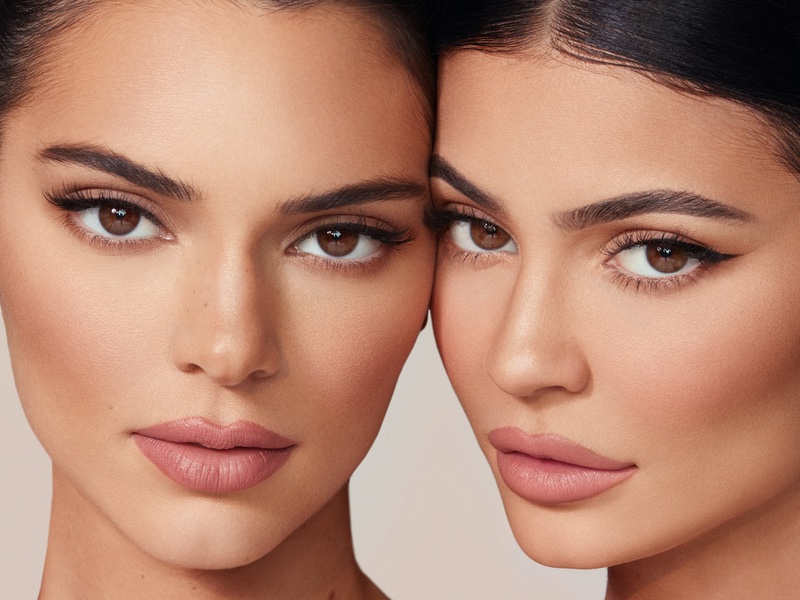More than 25% of Brits have admitted they will not leave the house without some form of make-up, a new survey has found.
Commissioned by beauty brand Skin Proud, one fifth of respondents admitted to wearing make-up in an effort to appear more confident, while more than half wished they were more confident in their natural skin.
The study found low confidence in British consumers was also caused by making comparisons to celebrities and having their self-esteem knocked by strangers.
One in ten people blamed ITV’s hit reality series Love Island for feeling insecure about their appearance.
“We were surprised to find people care so much about what others look like, especially those they don’t even know,” said Nora Zukauskaite, Skin Proud’s Global Head of Marketing.
“It’s always been known that celebrities and their seemingly perfect skin and bodies have had the power to make us feel bad about ourselves.
“But with social media opening the world up, perfect strangers’ seemingly perfect physiques are now adding to a general feeling of not being good enough.”
Also hindering Brits’ self-esteem is societal pressure to look a certain way; more than 10% said they do not feel secure in their natural look because of the image they portray on social media.
Of those on social media, consumers admitted the primary reason for using heavy filters was to edit out blemishes, while more than a third will try and smooth out their skin.
‘Rich girl face’ trend

Kendall and Kylie Jenner for Kylie Cosmetics
The ‘rich girl face’ trend, marked by full lips and shiny skin, and emulated by A-listers including Kendall and Kylie Jenner, has sprung the beauty sector into action to protect consumers’ self-esteem.
In May last year, beauty businesses backed a suggested age limit to be put on social media content from celebrities and influencers endorsing cosmetic procedures.
The petition urged the UK government to encourage Facebook-owned social media giant Instagram to introduce a 21-year-old age restriction on promotional content from clinics’ accounts.
Michael Saul, a partner at Cosmetic Surgery Solicitors, which launched the petition with non-surgical practitioner advisory firm Save Face, said: “Our goal is to protect and support young people on Instagram so they can make an informed decision should they wish to undergo a cosmetic procedure later in life.
“Seeing these kinds of images on Instagram can lead to the normalisation of cosmetic enhancements, which in turn can cause anxiety, depression, lack of confidence, body dysmorphia and other mental health-related issues among users.”
Beauty backs social media regulations on cosmetic procedure content



